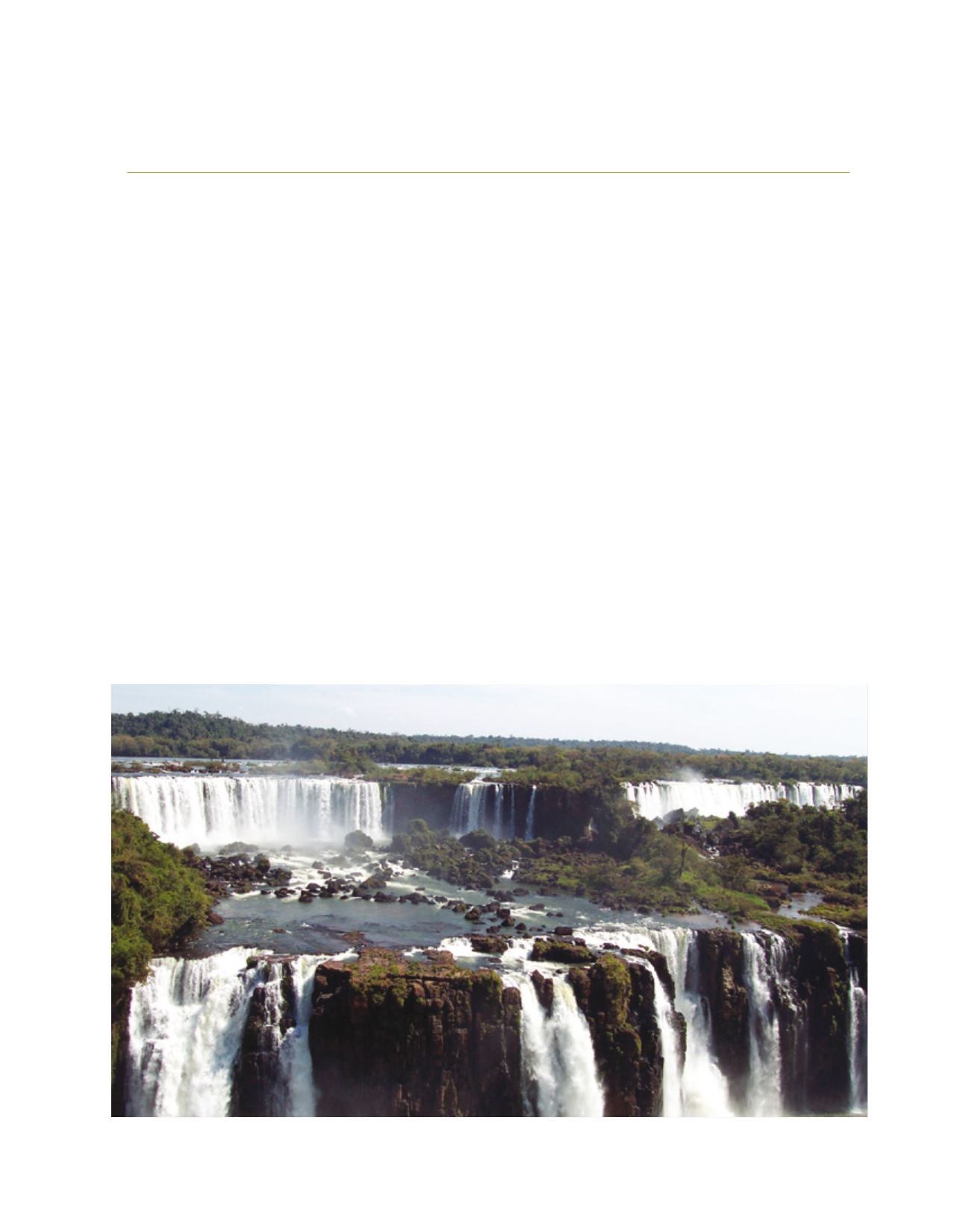

[
] 322
Cooperation on water sciences and research
Christophe Cudennec, Gordon Young, Hubert Savenije, International Association of Hydrological Sciences
W
ater is the basis of life. It is fundamental to maintain-
ing human health and for sustaining all animal and
plant life on Earth. Water underpins food produc-
tion, is vital for health, is used by many industries, is needed for
the production of energy and is essential for the sustenance of
the natural ecosystems on which we all depend. Paradoxically,
water is also a threat to life and livelihoods – too much water
can produce disastrous floods, too little can produce drought
conditions, depriving natural and human systems of vital nour-
ishment. In addition, pollution spills can cause degradation of
life support systems.
As human populations grow and as large segments of the popula-
tion acquire more wealth, the use of water increases. And as more
demands are put on the resource, competition between uses and
users also increases, requiring decisions to be made on equita-
ble and fair allocation procedures. At the same time, more people
find themselves living in flood-prone locations – on flood plains
and in low lying coastal regions – putting themselves at growing
levels of risk. Conversely, in many arid regions, the prevalence
of drought is increasing, rendering large numbers of
people at risk of water scarcity. Efficient and effective
water management is of greater importance in decid-
ing how to best allocate scarce resources and how to
mitigate and adapt to floods and droughts.
Accurately predicting and forecasting water availabil-
ity and the likelihood of too much or too little water is
dependent on understanding how hydrological systems
function. And, as better understanding of hydrological
systems leads to more informed management decisions,
this understanding is of fundamental importance to effi-
cient and effective management of the resource.
In 2012, the International Association of Hydrological
Sciences (IAHS) celebrated 90 years of catalysing and
structuring the development and flow of hydrological
sciences based on a worldwide scope and community,
and leading to the consolidation of knowledge through
time. Through the work of its ten Commissions and
three Working Groups, IAHS covers research into all
aspects of hydrological systems and water manage-
I
nternational
C
ooperation
on
W
ater
S
ciences
and
R
esearch
Section of Iguassu Falls, Brazil
Image: G. Young


















